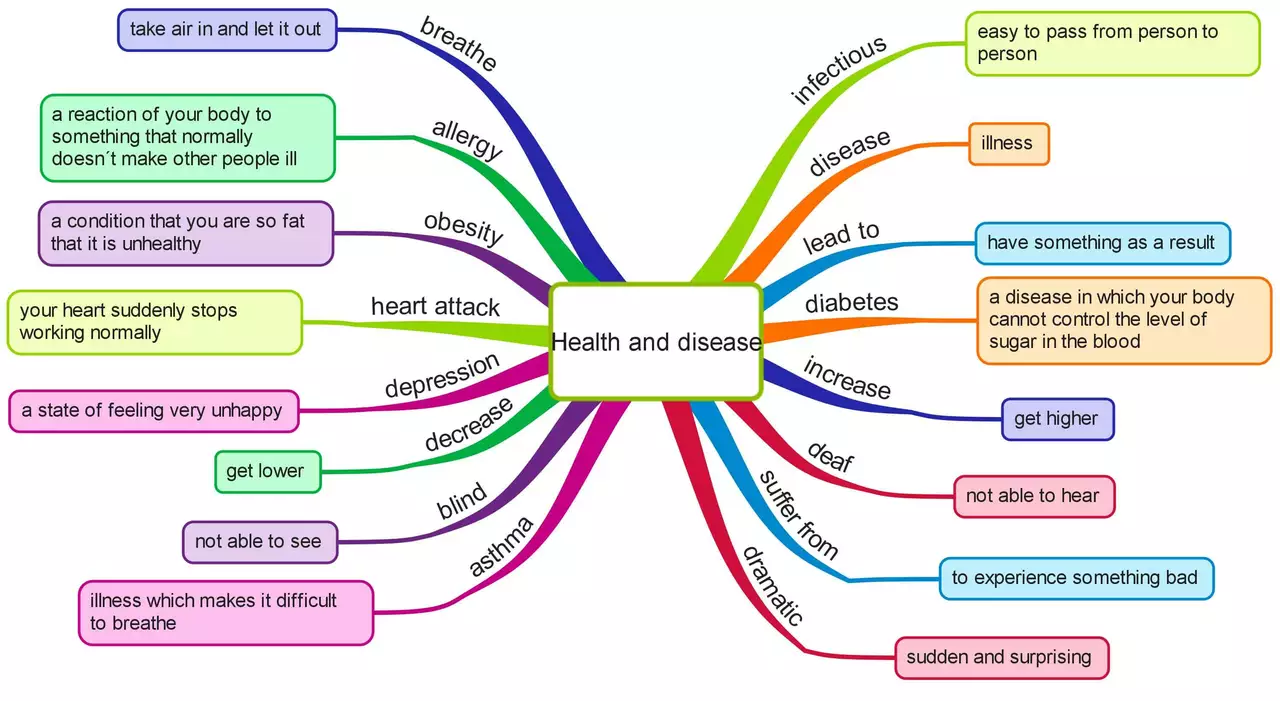Gut Health Guide: Boost Digestion and Wellness
If you ever felt bloated after a meal or struggled with irregular bowel moves, your gut is probably trying to tell you something. Your digestive system does more than just break down food – it talks to your immune system, mood, and even sleep. The good news? Small changes can make a big impact on how you feel day-to‑day.
Everyday Habits that Support Your Gut
First off, think about what’s on your plate. Fiber is the MVP here – it feeds the friendly bacteria in your colon and keeps things moving smoothly. Aim for a mix of soluble fiber (found in oats, apples, beans) and insoluble fiber (whole‑grain breads, nuts, veggies). If you’re not used to that much fiber, ramp up slowly to avoid gas.
Water matters too. Staying hydrated helps fiber do its job and prevents constipation. A good rule of thumb is to sip water throughout the day rather than chugging it all at once.
Stress can hijack your gut in minutes. When you’re anxious, the gut lining gets leaky and bad bacteria get a foothold. Simple breathing exercises or a short walk after meals can calm that nervous‑system response and protect your digestion.
Don’t forget sleep. A consistent 7‑9 hour night gives the gut time to repair its barrier and reset the microbiome balance. Try to keep a regular bedtime, even on weekends.
Probiotics & Supplements Made Simple
Probiotic foods are an easy way to boost good bacteria without popping pills. Yogurt with live cultures, kefir, sauerkraut, kimchi, and kombucha all pack a punch of strains that can improve stool regularity and reduce occasional gas.
If you prefer a supplement, look for products that list specific strains (like Lactobacillus rhamnosus GG or Bifidobacterium longum) and have at least 1‑10 billion CFU per serving. Start with one capsule a day and see how your body reacts – some people feel better right away, others need a few weeks.
Prebiotic fibers act as food for those probiotics. Adding a spoonful of chicory root powder or inulin to smoothies feeds the microbes you’re introducing, making them work harder.
Avoid over‑reliance on antibiotics unless absolutely necessary. They can wipe out both bad and good bacteria, leaving your gut vulnerable. If you do need an antibiotic, ask your doctor about a probiotic plan to restore balance afterward.
Finally, keep track of what works for you. A simple food journal – noting meals, symptoms, mood, and sleep – helps spot patterns fast. Over time you’ll see which foods calm your gut and which ones stir it up.
Bottom line: a happy gut starts with fiber, water, good bacteria, stress control, and solid sleep. Tweak one habit at a time, give it a couple of weeks, and you’ll likely notice less bloating, steadier energy, and maybe even better mood. Your gut is the backstage crew of your health – treat it right and it’ll keep the show running smoothly.
In today's blog post, we'll be exploring the connection between tympanites (abdominal bloating) and stress, and how our mental state can have a direct impact on our gut health. It's no secret that stress can wreak havoc on our bodies, but many people don't realize that it can also affect our digestive system. When we're stressed, our bodies produce stress hormones that can lead to imbalances in our gut, ultimately causing bloating and discomfort. One way to combat this issue is by practicing stress-reduction techniques such as meditation, exercise, and deep-breathing exercises. Remember, taking care of our mental health is just as important as taking care of our physical health, and a happy mind can lead to a happy gut!


 Medications
Medications